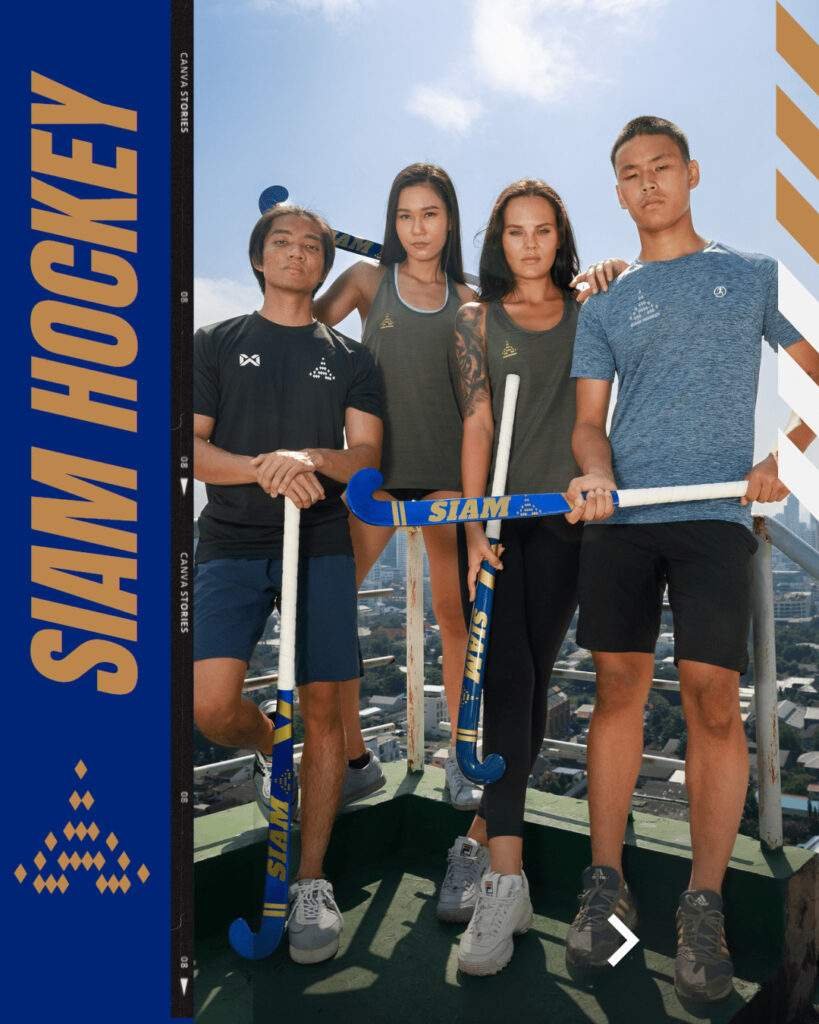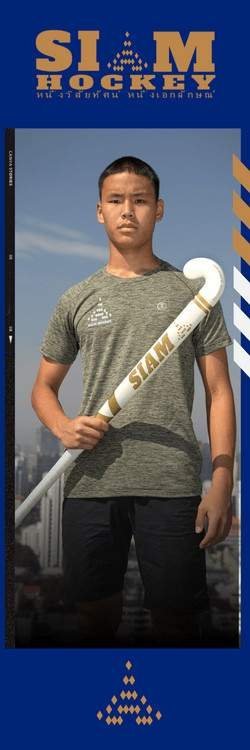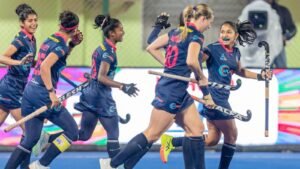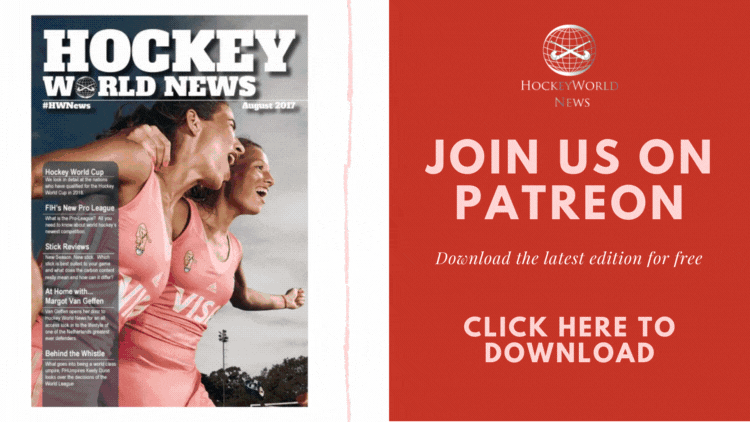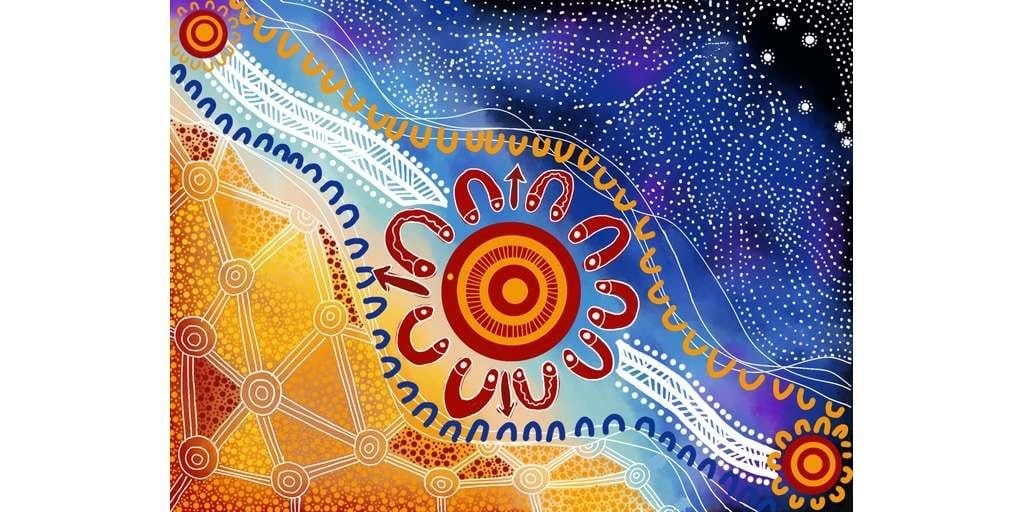
Hockey Australia’s commitment towards reconciliation and recognition of Aboriginal and Torres Strait Islander people has been entrenched with the launch of its ‘Reflect’ Reconciliation Action Plan (RAP).
The foundation of the Hockey Australia RAP is based on four key pillars – Relationships, Respect, Opportunities and Governance.
Four years in the making through regular collaboration between a dedicated RAP Working Group, the HA RAP will strengthen and build on the work and initiatives already being done, which include:
- The Pilbara Community Hockey Program delivered to around 1,000 kids in the Pilbara each year, the majority of whom identify as Aboriginal or Torres Strait Islander people. The Program strives to provide pathways for the next generation, better health and wellbeing outcomes, while increasing engagement and school attendance.
- Lengthy support of the Aspire Cairns Community program, which was recently formalised with a Memorandum of Understanding. Aspire is a registered charity designed to support disadvantaged youth to participate, particularly Aboriginal and Torres Strait Islander girls.
- Indigenous artwork on the uniforms of the Hockeyroos, Kookaburras, and other Australian representative hockey teams.
Hockey Australia President Ross Sudano and CEO David Pryles were joined by Nova Peris OAM OLY MAICD in Melbourne to launch the RAP.
Sudano said the establishment of the RAP underlined Hockey Australia’s commitment to inclusion through implementing meaningful and positive change to the lives of First Nations people.
“This RAP will help guide our relationships with First Nations people, promote their culture, develop and implement appropriate opportunities and define governance to ensure we achieve our reconciliation commitment and use our influence to advocate for social change,” said Sudano.
“Australian hockey has a proud record of Aboriginal people who have contributed to the sport at all levels, exemplified by those who have represented the Hockeyroos and Kookaburras, which include current players Brooke Peris and Mariah Williams.”
“Our aim is to achieve equality through a more equitable and inclusive environment that creates the steadfast values of Hockey Australia and ones shared by the Australian hockey community.
“As a leading international sport played by many different ethnicities, we value, welcome and actively seek to create opportunities and culturally safe places for Aboriginal and Torres Strait Islander people to participate and engage in hockey.”
“I would like to thank the RAP Working Group for their wisdom, dedication and time in formulating this plan, and also Reconciliation Australia for their guidance and support as we reach this significant juncture.”
Nova Peris was part of the Hockey Australia RAP Working Group. The proud descendant of the Gija people of the East Kimberley and the Yawuru people of the West Kimberley; the Iwatja & Gagudju people of West Arnhem Land, she famously became the first Aboriginal to win an Olympic gold medal and the first Aboriginal woman elected to Federal Parliament.
With hockey being a sport close to her heart having represented the Hockeyroos between 1993-96, coupled with her ongoing mission to improve the lives of First Nations people, Peris said she is buoyed by the steps Hockey Australia is taking.
“As a proud First Nation’s woman, it is always an honour and privilege to be able to share my history with organisations who are willing to embrace reconciliation through acknowledging our entire history,” said Peris.
“You can’t go forward down the reconciliation path if you don’t know where First Nations people have come from.
“My time in the Hockeyroos representing Australia for half a decade gave me some of the most irreplaceable memories of my life and I have nothing but gratitude for the sport of hockey, Ric Charlesworth and my Hockeyroos teammates. They all embraced who I am as a proud Aboriginal woman.”
Read the Hockey Australia ‘Reflect’ Reconciliation Action Plan

